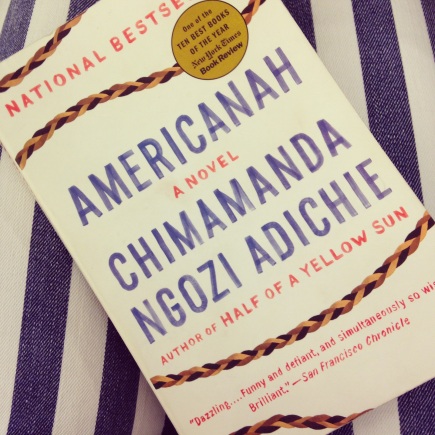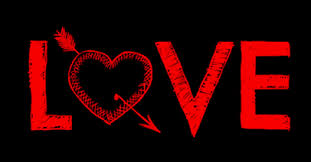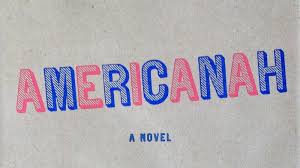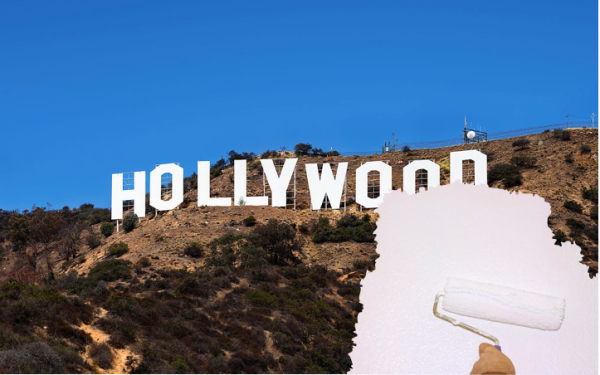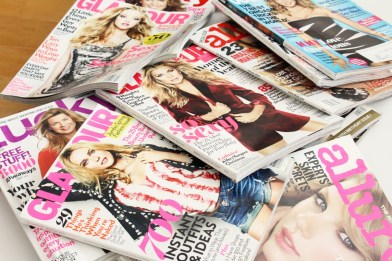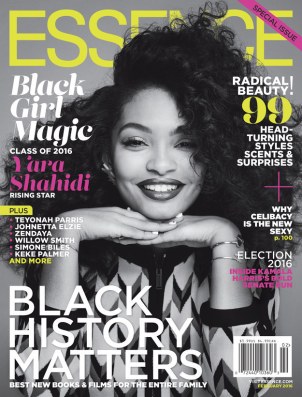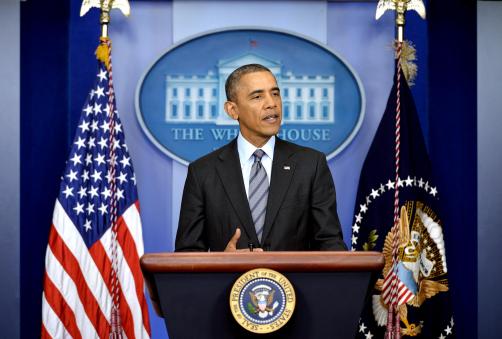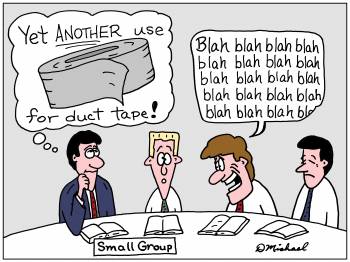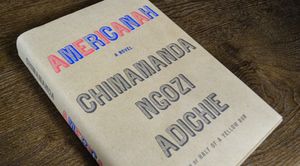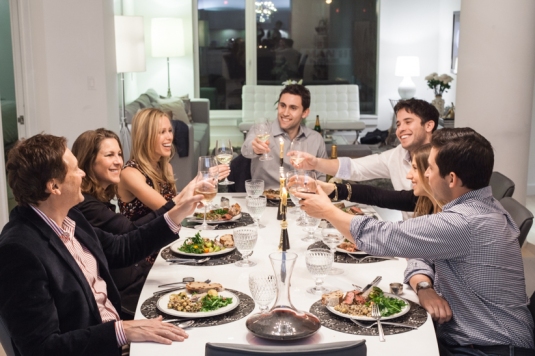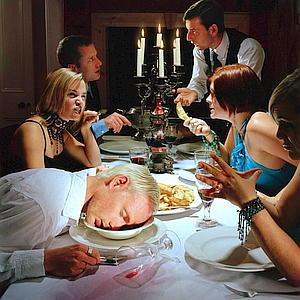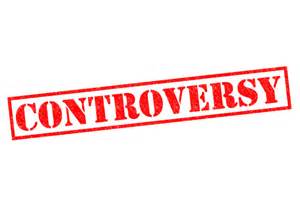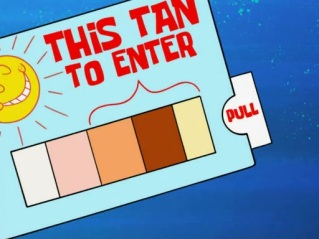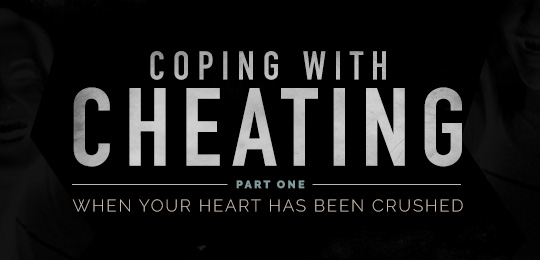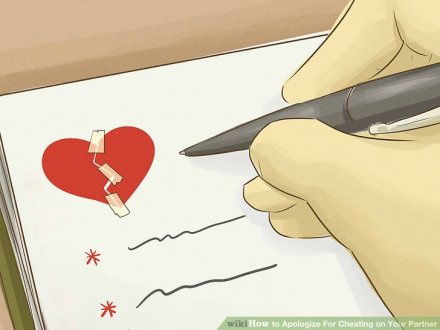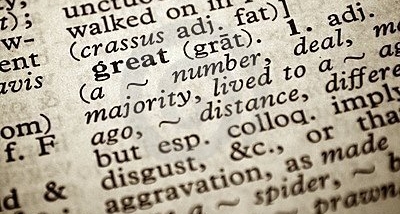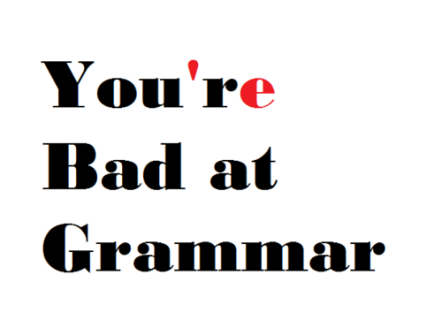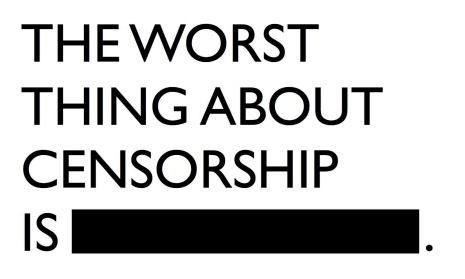“‘Ceiling,’ she said, finally. ‘Come in.’ (588).
That’s it. That’s the final sentence, the famous last words, of Adichie’s Americanah. To summarize my opinion on the ending: Underwhelming. Anticlimactic, to put it in fancier words. Overall, the book was alright, a good read, but when looking at just the ending, I feel unsatisfied. Here’s why.
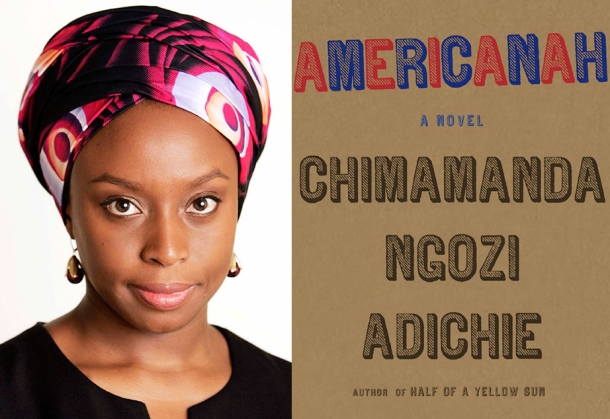
Adichie has a very interesting way of writing. I enjoyed her writing style, the casualness of it, and it made reading the book all the more enjoyable. Her presentation of ideas was also well developed and creative, specifically with the medium of blogging (that I mention in an earlier piece). I think she handles the issue of race in America extremely well and the story overall has opened me up to new opinions and concepts that I was previously unaware of. I liked some of the characteristics she displayed in her characters, though there wasn’t really a character that I was dedicated to or cared about completely other than Dike. Originally, Ifemelu had seemed like a very likable character but as the novel came to a close, I just lost interest in caring about her situation.
Obinze was the same way. But in saying that, that carelessness isn’t coming from their choice to get back together. In the end, I could really care less whether or not they got back together. I just felt that Adichie began with such round and interesting characters that seemed to sort of fall flat towards the end. Ifemelu’s choice to move back to Nigeria does open her up to a whole crop of new experiences and while scenes like the Nigerpolitan Club held my interest, others like her meetings with Obinze and her new blog in Lagos didn’t. I felt like her character was lost in the doubling back to rekindle the Obinze and Ifemelu relationship.
But, like I’d said earlier, my issue it not with the pair getting back together, it’s with all of the unanswered questions Adichie left for me as a reader. What happens to Dike? Wasn’t Ifemelu technically dating Fred? What happened to him? Does her Lagos blog gain as much traction as her blog in America? Does Obinze plan to continue taking care of his daughter despite ending his marriage with Kosi? Whatever happens to Rayinudo and her boyfriend situation? What about Aunty Uju, how is she doing? Or even Curt and Blaine, why bring them up last minute and do nothing with it? I think what I was looking for were nice neat little bows that had seemingly been promised earlier on in the books and was left hung out to dry. The ending was just so muddled that I felt as if I got no closure.
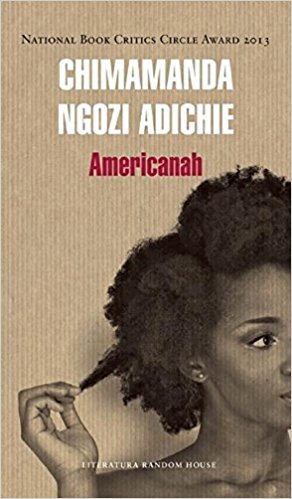
Like, tying back to Ifemelu calling Obinze a ‘fucking coward’ over text. While I do understand the surge of emotions she was feeling, at the same time, I feel like I’m missing her actual justification for why she got so upset. I realize why she would’ve been upset but I would’ve liked to see more of her personal insight on the semi-ending of the fling with Obinze (the second time). I also would’ve liked to see how to handled taking Obinze back, if she would’ve just welcomed him with open arms like the ending suggests or if she would’ve wanted to take things slower. And what about the comment Obinze made when he said it seemed like Ifemelu had become someone he didn’t recognize, could that possibly resurface in their new relationship? The ending felt almost like it was more from an outside perspective than Ifemelu’s, so getting a nice little conclusion paragraph from her probably would’ve been more satisfying than a monologue from Obinze and a short response from her. After everything I’ve been through with Obinze, I expected a bit more than three short words.
In the end, I have no problem with Americanah. It built me up and didn’t quite deliver but that doesn’t take away from all of the successes Adichie had in her compelling story, complex characters, and discussions on race.
That’s it.


